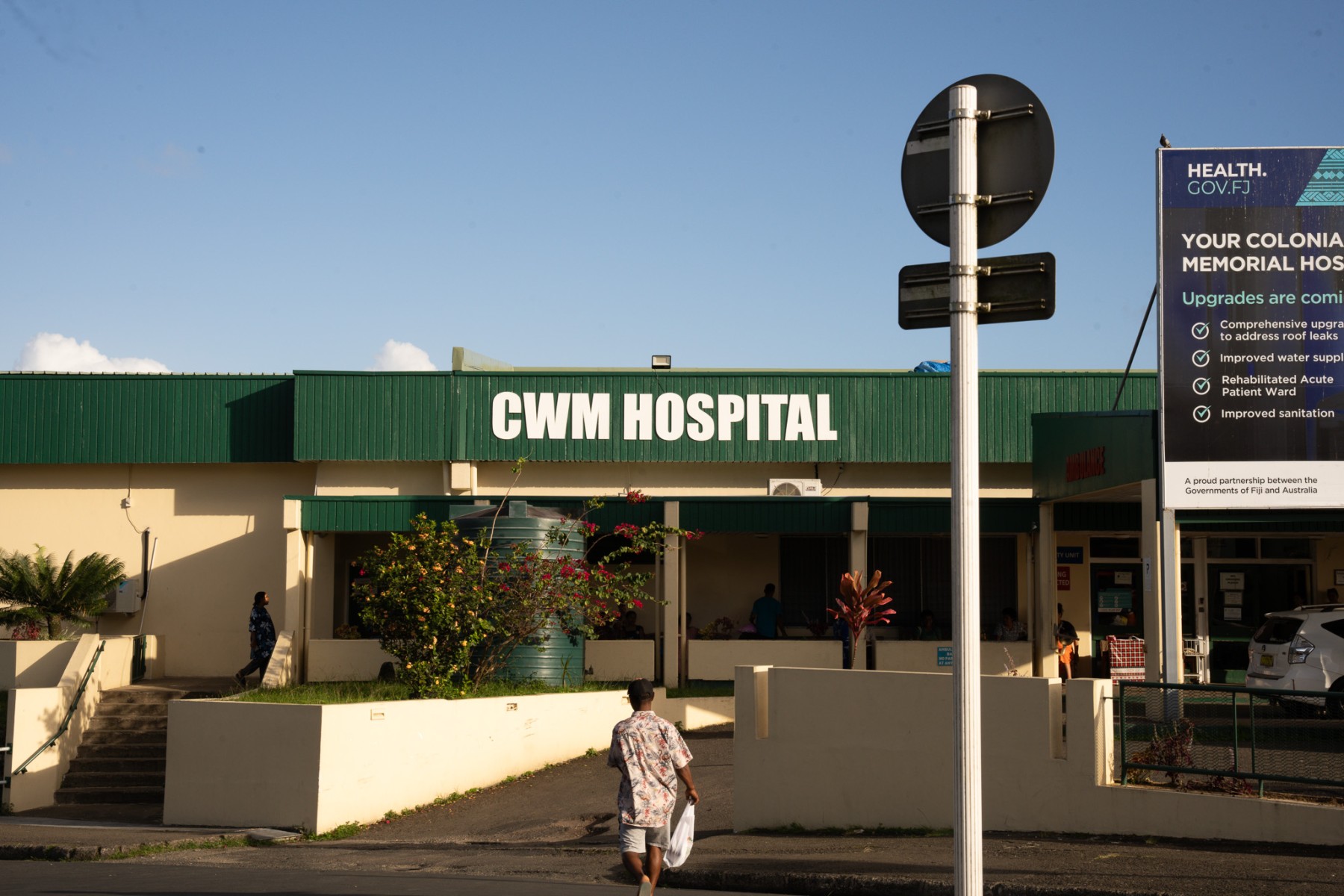During the two-week visit, patients received life-changing treatment ranging from jaw and facial surgery, to the creation of custom-made prosthetics, such as new jaws, teeth, eyes, ears, and other devices that help them eat, speak, and regain their appearance after cancer, trauma, or birth conditions. Beyond these patient treatments, , the visit was also designed to strengthen Fiji’s local capacity to provide these services in the future.
The visiting team worked alongside Fijian clinicians and technicians, dividing their time between Lautoka and Suva’s Colonial War Memorial Hospital. While patients were receiving surgery, dental technicians from across the country were also brought together for hands-on training on the full spectrum of case management, assessment, treatment planning, prosthesis design, fabrication, and follow-up.
Dr Inosi Salababa, a local oral and maxillofacial surgeon who helped coordinate the programme, explained the immense value of the visit.
"There is a big role that maxillofacial technicians play in support of oral maxillofacial surgery, both post-operative and intra-operative, whether it’s surgical obturators, drill guides for implants, or facial prostheses. Having our technicians learn directly from Mike, and continuing to receive his mentorship remotely from Waikato DHB, is complementing and strengthening our OMS services here in Fiji."
This training was described as “invaluable” by participants, not only for the technical skills that were provided but also for the confidence it instilled. For dental technicians, who previously had little exposure to maxillofacial prosthetics, it was a transformative step forward. Access to maxillofacial prosthetic services has become increasingly critical in Fiji, particularly given the rising incidence of oral cancers and the ongoing burden of trauma and congenital cases.
Dr Salababa reflected on the impact the visiting team has made.
"The quality of life for these patients has significantly improved. They now have restored form and function of the face, mouth, and related structures. For them, this translates into the ability to return to society as productive individuals for themselves, their families, and the nation."
This initiative was made possible with funding from the New Zealand Ministry of Foreign Affairs and Trade, under the commitment to ensure access to specialist clinical services that would not be available in Fiji, and to enhance opportunities for capability building and strengthening of local health services.

